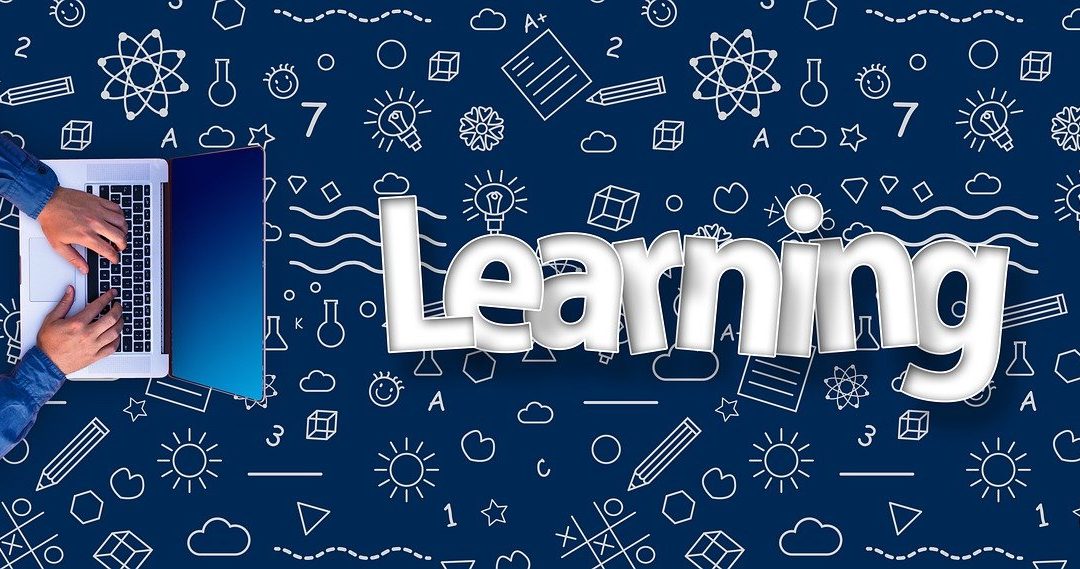Learning Objectives vs Outcomes – The Major Differences
Online coaches need to know the differences between leaning objectives vs outcomes. Here’s how to give the ultimate learning experience to students.
Hi Trish Davies and today I want to give you clarity on two important elements to teaching online. Therefore the focus is learning objectives vs outcomes for your students.
Let’s take a closer look at the differences between learning outcomes and objectives.
Learning Objectives vs Outcomes – What Are Learning Outcomes?

Learning outcomes and objectives are two different types of statements. They are used to help students understand what they are learning and how it will be used in their future careers.
You should remember that learning outcomes are statements. Ones that explain what students should learn and how they should demonstrate that learning.
A learning outcome is a statement about what students should learn. It’s a description of the knowledge, skills, and abilities that students should develop. Then use those skills demonstrate knowledge of a particular subject or course.
An objective statement is specific actions that should be completed by the student. It’s a statement of what should happen in order to achieve a learning outcome.
Learning outcomes for English, for example, could be “Students will demonstrate reading comprehension and understanding of literary elements such as characterization, setting, and plot.”
Learning Objectives vs Outcomes – What Are Objectives?
An objective is a specific action that should be completed by the student. It’s a statement of what should happen in order to achieve a learning outcome.
For example, an English class objective may state: “Students will identify different elements in an extract and understand how to interpret these elements in a variety of contexts.”
Objectives are helpful in seeing the big picture of what a student will learn and how they will demonstrate that learning. However, they are not a replacement for the actual learning outcomes or concepts themselves.
Let’s look at an example of an objective in relation to the learning outcome “Students will demonstrate reading comprehension and understanding of literary elements such as characterization, setting, and plot.”
Perhaps the objective to be assessed is: “Students will demonstrate their comprehension of literary elements such as characterization, setting, and plot in fictional passages.”
How To Write Learning Outcomes

Learning outcomes can be very general in that they are able to encompass many different types of learning. To convey the broadness of how you want students to demonstrate knowledge, you may choose a word like “understand” or “demonstrate”.
For a more specific outcome, you may choose a more specific word such as “demonstrate the comprehension of” or “understand the importance of”.
How To Write Objectives
Objectives are specific actions that should be completed by the student. They are often more focused on what students do than what they should understand.
You may want students to write essays, solve equations, draw certain shapes, etc. You may want them to demonstrate their knowledge of certain concepts.
Therefore you could list out specific skills and attributes you want students to demonstrate such as: “Students will be able to identify the setting in a passage.”
Or “Students will demonstrate their understanding of the importance of characterization in a passage.”
Which Is More important?
Learning outcomes, at their core, are about the knowledge that students will demonstrate when they graduate. This knowledge is what ultimately determines the success of a student.
It determines their ability to get a job, their salary, and their ability to contribute positively to society.
Learning outcomes are what determine the success of a student. Objectives are what students should do to demonstrate that learning. Both are very important.
Let’s look at the example of learning outcomes and objectives in relation to the study of literature. Learning outcomes would focus on developing the knowledge of the story elements:
“Students will be able to demonstrate the comprehension of literary elements such as characterization, setting, and plot.”
Conclusion
Learning objectives vs outcomes are two very important statements in regard to teaching and learning.
A learning outcome is a description of the knowledge, skills, and abilities that students should develop and demonstrate.
An objective statement is specific actions that should be completed by the student. It’s a statement of what should happen in order to achieve a learning outcome.
It is important to remember the differences between learning outcomes and objectives and how you can use them to help improve the teaching of your students.
Helping you build your authenticity, authority and audience.
Trish Davies
![]()
Build Your AU


Recent Comments